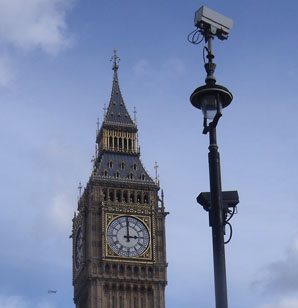Civil liberty campaigners have welcomed a ruling by the High Court of Justice (Queen’s Bench Division) – that a part of the 2016 Investigatory Powers Act, which would force broadband ISPs [internet service providers] to log the internet activity of all their customers for up to 12 months – is unlawful and must be amended.
Martha Spurrier, Director of Liberty, said: “Police and security agencies need tools to tackle serious crime in the digital age – but creating the most intrusive surveillance regime of any democracy in the world is unlawful, unnecessary and ineffective.
“Spying on everyone’s internet histories and email, text and phone records with no suspicion of serious criminal activity and no basic protections for our rights undermines everything that’s central to our democracy and freedom – our privacy, free press, free speech, protest rights, protections for journalists’ sources and whistleblowers, and legal and patient confidentiality. It also puts our most sensitive personal information at huge risk from criminal hackers and foreign spies.
“The Court has done what the Government failed to do and protected these vital values – but today’s ruling focuses on just one part of a law that is rotten to the core. It still lets the state hack our computers, tablets and phones, hoover up information about who we speak to, where we go, and what we look at online, and collect profiles of individual people even without any suspicion of criminality. Liberty’s challenge to these powers will continue.”
Liberty has also issued legal challenges to three other parts of the Act and has launched a second phase of crowdfunding.
Comment
Lee Munson, Security Researcher at Comparitech.com, said: “When it was introduced back in 2016, the so-called Snooper’s Charter forced British citizens to potentially give up a huge chunk of privacy in return for a totally unproven level of security, whether they liked it or not and, more importantly, whether a judge thought it necessary or not. Today’s court case goes some way in rebalancing the needs of the police and intelligence agencies against the rights of ordinary people to have a private life, without fear of warrantless searches being conducted against their internet browsing history.
“Whether or not any new definition of “serious crime” put forward by the government will be both realistic, and in line with privacy campaigners’ wishes, remains to be seen but, for now, the Investigatory Powers Act appears to be only very slightly diminished in scope and a whole lot more citizen friendly in implementation.”









